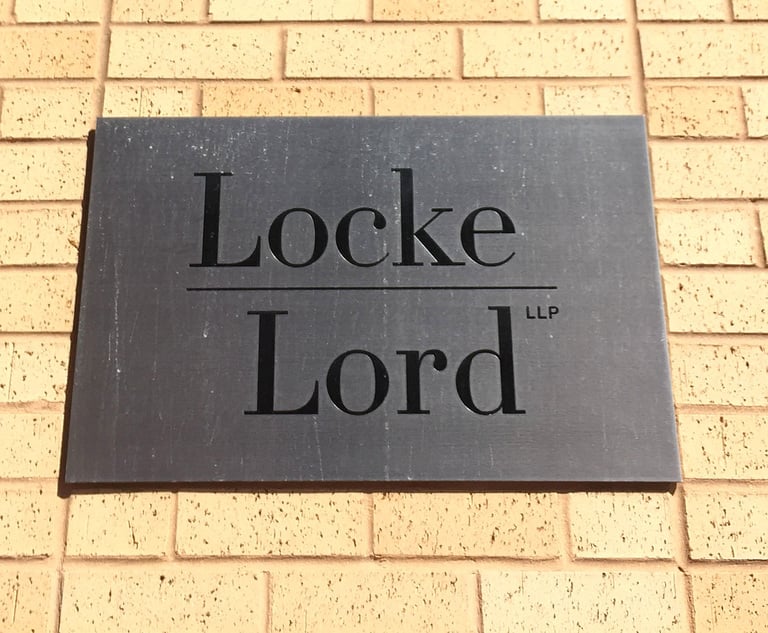Texas is one of the few states not adopted in the Uniform Interstate Depositions and Discovery Act (UIDDA). As such, out-of-state parties who wish to seek discovery from Texas individuals or entities must comply with a confusing set of rules found in the Texas Rules of Civil Procedure. Here are some of the questions we’re routinely asked regarding out-of-state discovery. There are unique features to every situation and particular local rules that may result in a different answer than is given here, but this is intended to be a helpful updated primer for lawyers who need to secure discovery from a Texas non-party.
What types of discovery requests are allowed for non-parties?
This content has been archived. It is available through our partners, LexisNexis® and Bloomberg Law.
To view this content, please continue to their sites.
Not a Lexis Subscriber?
Subscribe Now
Not a Bloomberg Law Subscriber?
Subscribe Now
LexisNexis® and Bloomberg Law are third party online distributors of the broad collection of current and archived versions of ALM's legal news publications. LexisNexis® and Bloomberg Law customers are able to access and use ALM's content, including content from the National Law Journal, The American Lawyer, Legaltech News, The New York Law Journal, and Corporate Counsel, as well as other sources of legal information.
For questions call 1-877-256-2472 or contact us at [email protected]


 Ali Mosser of Cantey Hanger. Courtesy photo.
Ali Mosser of Cantey Hanger. Courtesy photo.




